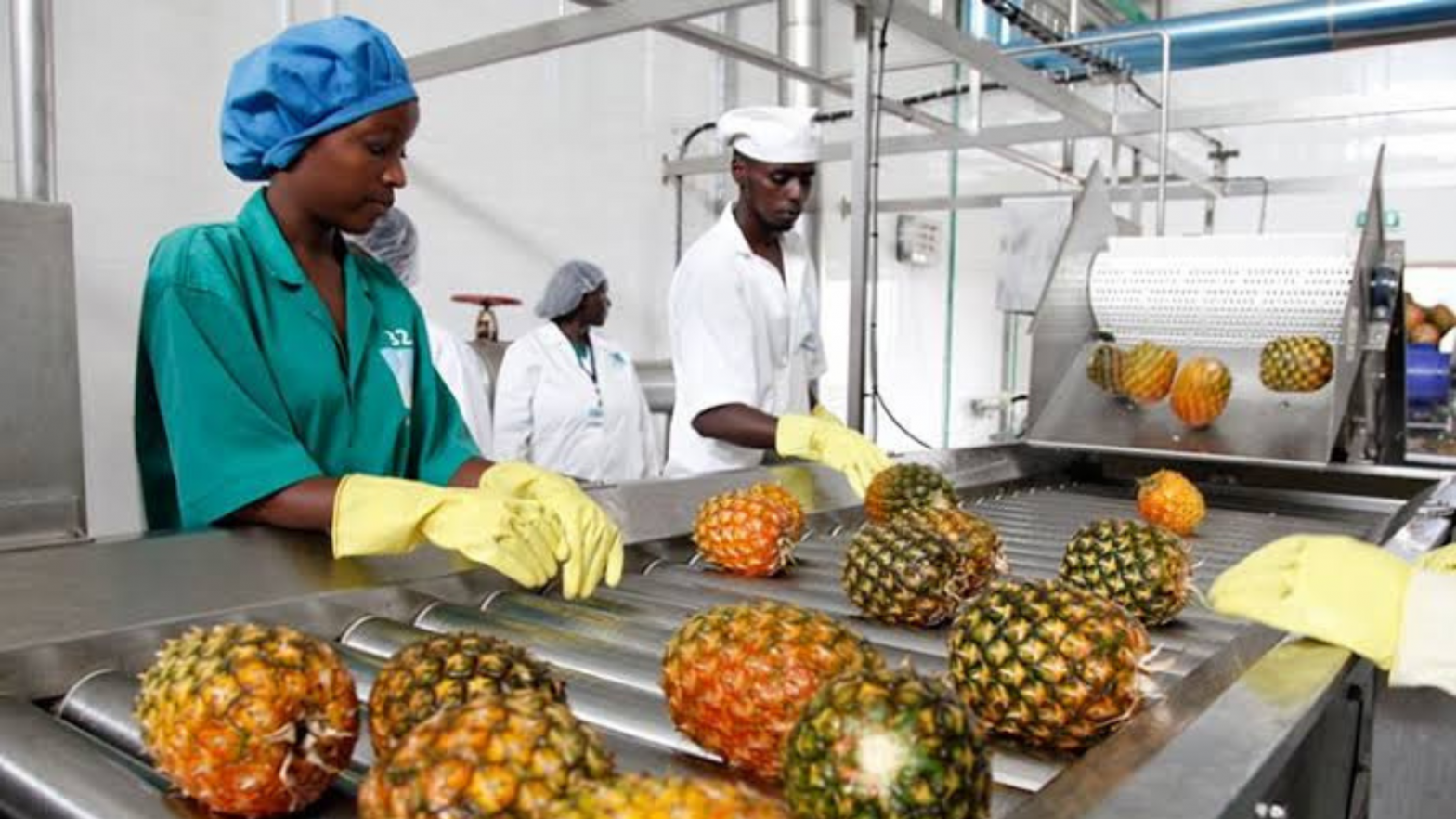
The ministry has implemented the PMKSY, PLISFPI, and other schemes to promote industry expansion across India.

NEW DELHI: Union Minister of State for Food Processing Industries, Ravneet Singh Bhittu, shared details of government schemes promoting the growth of food processing entrepreneurs, including small and medium enterprises, in a written reply to the Lok Sabha today, December 12.
The Ministry of Food Processing Industries (MoFPI) is actively boosting the growth through various initiatives. The ministry has implemented the Pradhan Mantri Kisan SAMPADA Yojana (PMKSY), the Production Linked Incentive Scheme for Food Processing Industry (PLISFPI), and the PM Formalization of Micro Food Processing Enterprises (PMFME) Scheme to promote industry expansion across India. These schemes are demand-driven and not limited to specific regions or states.
Under the PMKSY, MoFPI provides credit-linked financial assistance, primarily in the form of capital subsidies, with a total outlay of ₹5,520 crore for the 15th Finance Commission cycle. As of October 31, 2024, the ministry has sanctioned 41 Mega Food Parks, 399 Cold Chain projects, 76 Agro-Processing Clusters, 559 Food Processing Units, 61 Backward and Forward Linkages projects, and 51 Operation Green projects.
The PMFME scheme, operational from 2020-21 to 2025-26 with a budget of ₹10,000 crore, focuses on the support and upgradation of micro food processing enterprises. By October 31, 2024, financial and technical assistance had been extended to 1,08,580 micro food processing enterprises under this scheme.
Meanwhile, the PLISFPI scheme is aimed at creating global food manufacturing champions and promoting Indian food product brands in international markets. Implemented over six years (2021-22 to 2026-27) with an outlay of ₹10,900 crore, the initiative has approved assistance for 171 food processing companies across various categories.
These schemes underline the government’s commitment to enhancing the competitiveness of India’s food processing sector, encouraging innovation, and boosting exports. They are also designed to create employment opportunities and drive self-reliance in food production, making the sector a key contributor to the nation’s economic growth.